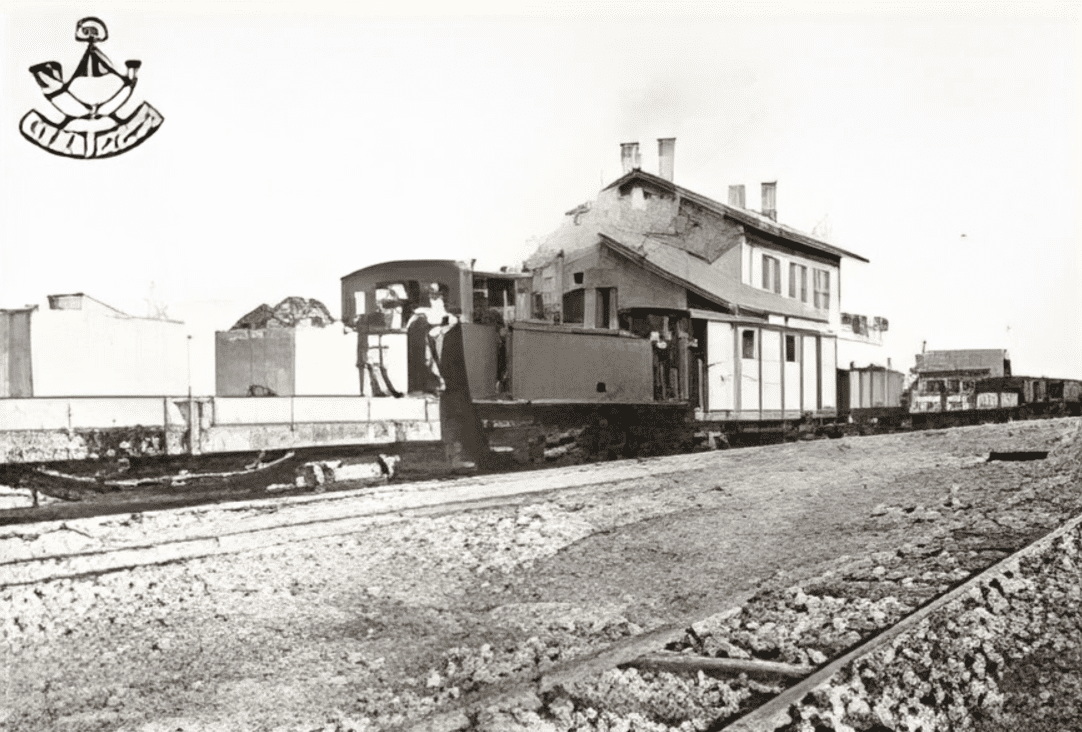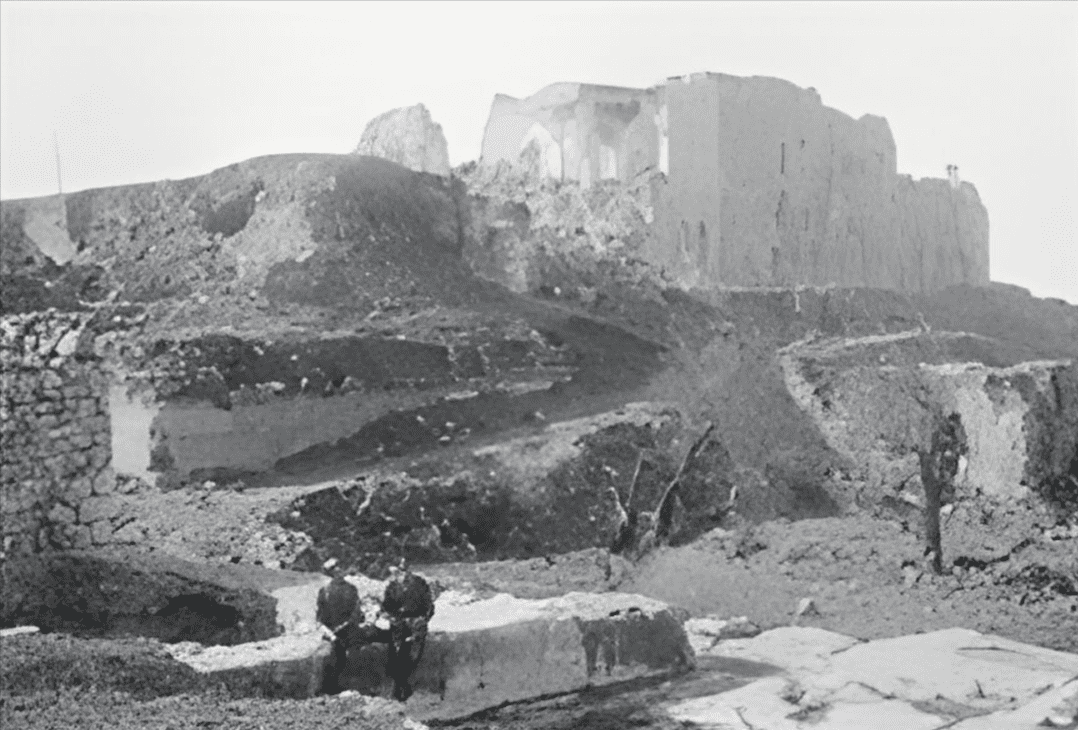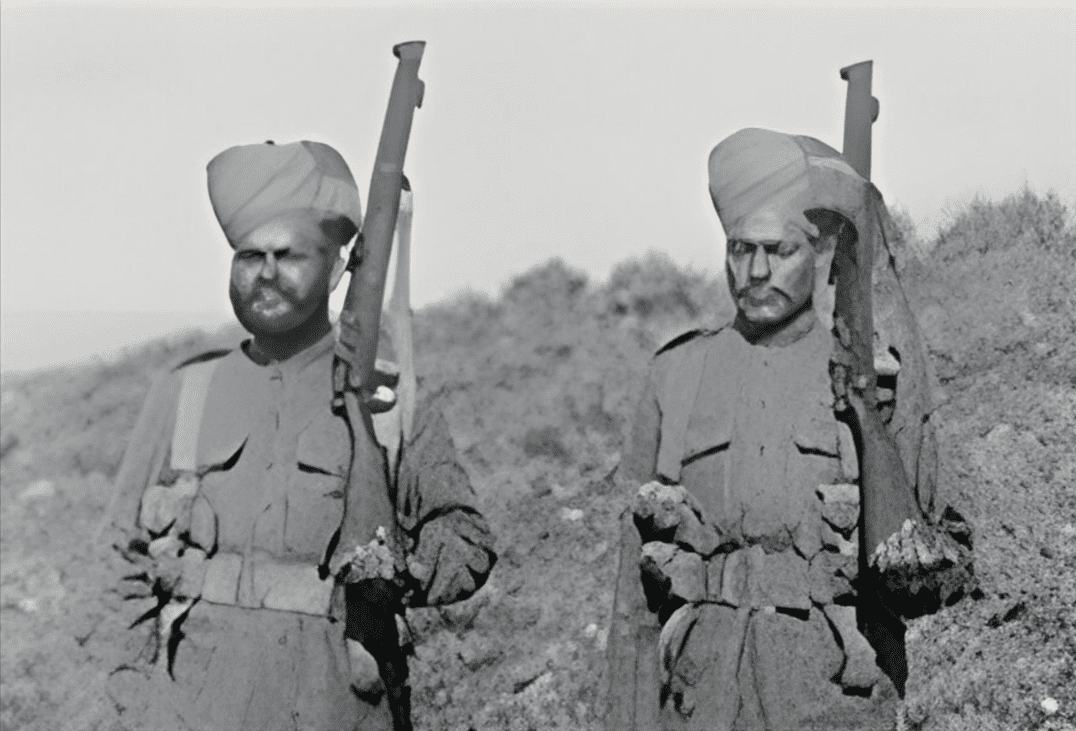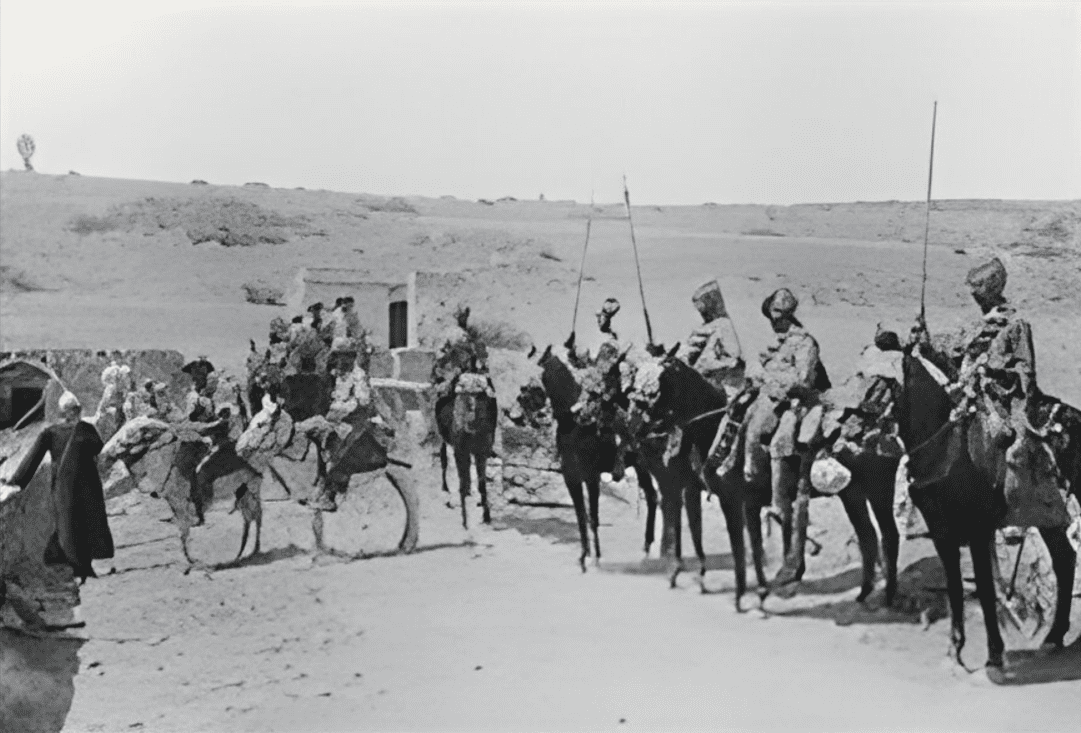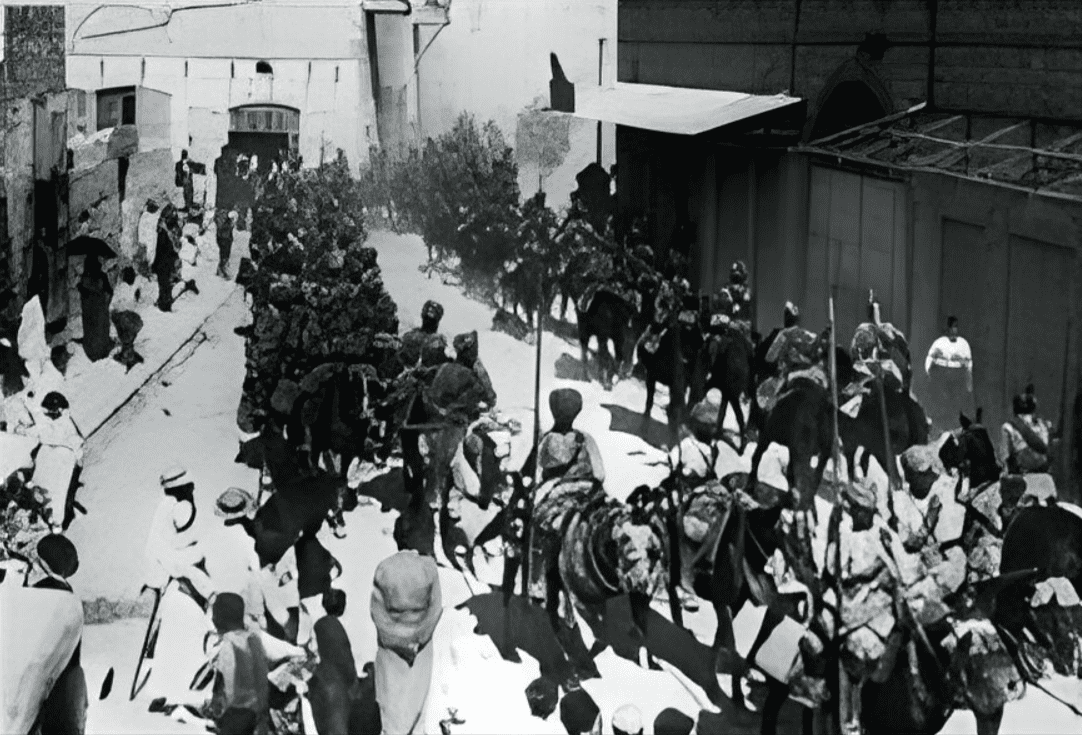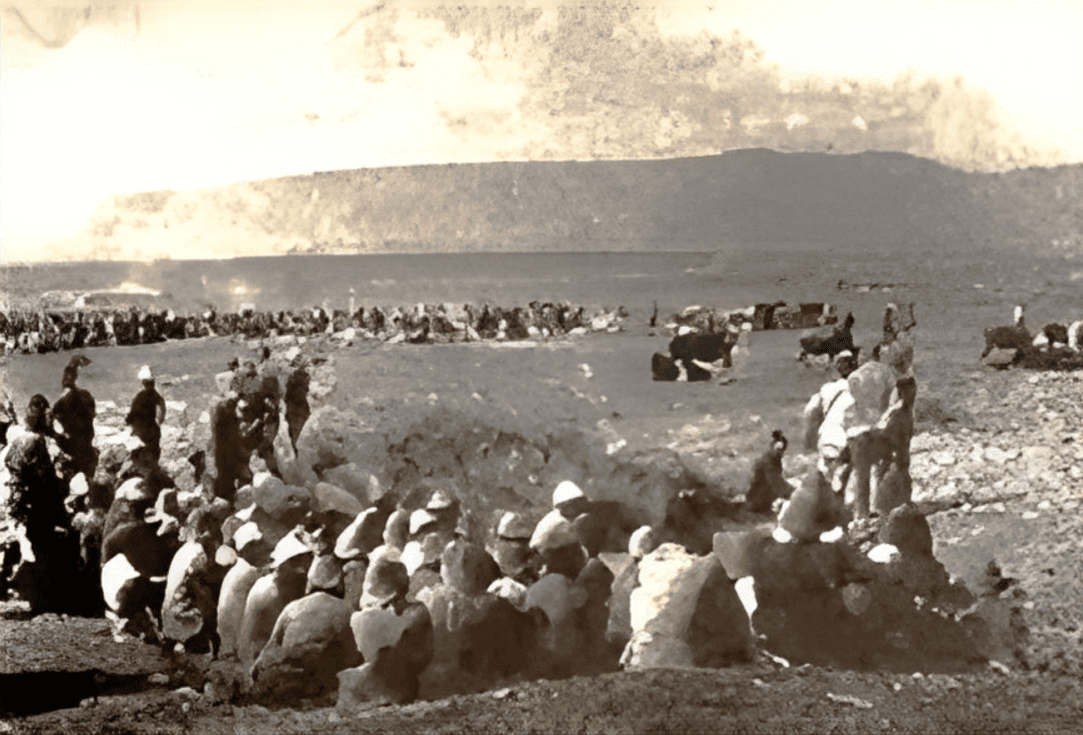- Home
- India-Israel
-
Economic & Commerce
- Bilateral Economic Relations
-
Economic survey 2024-25

-
India Budget 2025-26

- Upcoming Events in India
- Upcoming events in Israel
- Presentations on India
- Reports on Israeli sectors
- Trade Enquiries
- Online Module for Filing & Tracking of Trade Complaints
- Helpful Links
- Contact details of Commercial Representative of the Mission
-
India-Israel Business Guide

- Consular Services
- Visa Services
-
Media Center
- Press Releases
-
Speeches and Statements

-
Embassy Newsletter
- December 2024
- November 2024
- October 2024
- September 2024
- August 2024
- July 2024
- June 2024
- May 2024
- APRIL 2024
- March 2024
- February 2024
- January 2024
- December 2023
- November 2023
- October 2023
- September 2023
- August 2023
- July 2023
- June 2023
- May 2023
- April 2023
- March 2023
- February 2023
- January 2023
- December 2022
- November 2022
- October 2022
- September 2022
- August 2022
- July 2022
- June 2022
- May 2022
- April 2022
- March 2022
- February 2022
- January 2022
- December 2021
- November 2021
- October 2021
- September 2021
- August 2021
- July 2021
- June 2021
- May 2021
- April 2021
-
March 2021

- Maps of India
- Slider Archives
-
Indian Community
- Indian Community in Israel
- Indian Community Organizations
- Applications for 63-65 Know India Program (KIP)
- Guidelines for Know India Programme (KIP)
- Overseas Citizenship of India (OCI)
-
Application for inclusion of name in Electoral Roll by an overseas Indian elector

- Information on Overseas Electors
-
Pravasi Bharatiya Academic and Scientific Sampark - Integrating Indian Diaspora with the Mother Land

-
Education
- India-Israel Academic and Research Cooperation
- Scholarships for Israeli Nationals
- Scholarships for Indian Nationals
- Work Visa for Indian Students
- Student Registration at MADAD portal
-
Pravasi Bharatiya Academic and Scientific Sampark - Integrating Indian Diaspora with the Mother Land

- Scholarship Program for Diaspora Children(SPDC)
- Contact Us
INDIA TRAIL IN THE HOLY LAND
INDIA TRAIL IN THE HOLY LAND

During World War I (1914-1918), over 150,000 Indian soldiers took part in military action in the Middle East – in Sinai, the Holy Land and Syria. Indian cavalry, infantry, artillery, engineering and medical units were part of the Egyptian Expeditionary Force (EEF) and by the time the EEF launched its final offensive (Megiddo) against the Ottomans in 1918, the majority of its strength comprised Indian soldiers. More than 74,000 Indian soldiers laid down their lives during World War I, including over 4,000 in this region. In Israel, memorials to Indian soldiers exist at Haifa, Jerusalem and Ramle.
India Trail in the Holy Land
The India Trail in the Holy Land project commemorates the 75th anniversary of India’s independence and honors the Indian military units which participated in World War I in this region. These units from the Indian-British Army played a vital role in the decisive victory achieved in this campaign.


